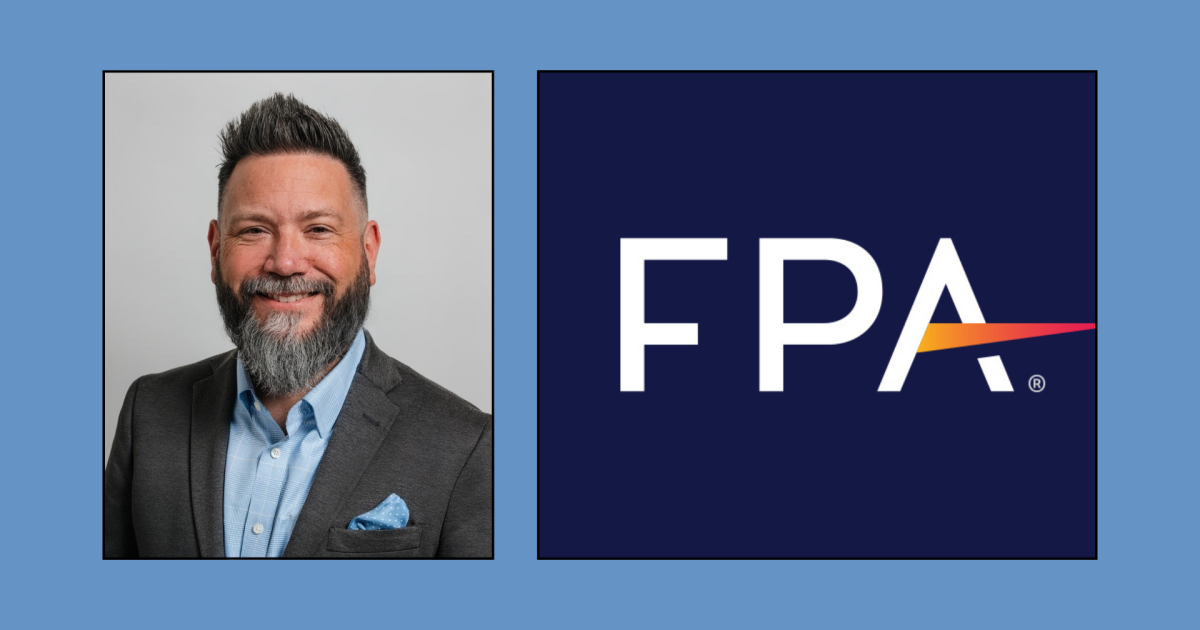It’s hard to know what to make of what seem to be awfully high rates of diagnosis of and treatment for attention-deficit/hyperactivity disorder, or ADHD, among American children. A new story in the Wall Street Journal does a yeoman’s job of trying to get to the bottom of a resulting, and particularly troubling development, that of kids, including ones in kindergarten, being prescribed ADHD medications. When those prove not to be very effective or generate side effects, the response too often is add more drugs to the mix, when even the original Rx is a gamble with developing brains, particularly given the loose definition of what constitutes ADHD and the dearth of information about effectiveness and long term effects from juvenile use.
The article notes: “Factors such as differences in sex, race and foster-care status didn’t explain the gap.”
And the raw numbers are not pretty. 7.1 million between the age of 3 (!!!) and 17 are under treatment for ADHD, which is over 10% of that group. Medicaid data (a sample of 166,000) showed that of those administered ADHD drugs in 2109, only 37% had received therapy.
Now there are no doubt instances where a child’s behavior is so pathological that some sort of intervention is necessary. And there are no doubt instances where medicating a child with ADHD drugs was beneficial in the short term and not damaging longer term. And there may be baseline conditions in society, from more pollutants and toxins (think of how the adoption of lead-free gasoline reduced crime rates) to early over-stimulation of children via electronic devices to more anxiety among children due to more precarity and higher divorce rates, all taking a toll on young people, with more ADHD a result.
But for those of us old enough to have had free range childhoods, it’s hard not to think that a big contributor is increased intolerance of childhood. Admittedly, kids were once supposed to be seen and not heard. But it seems that children are expected to comport with ever-more-stringent norms of performance and behavior.
Remember that a big purpose of public education has long been not just the formal learning, but also deep acculturation: of having to turn up every weekday at a set time, to sit quietly and accept being under the control of an adult non-family member, to comply with instructions, to achieve certain minimums of performance and see excelling as a proof of personal merit, to sometimes cooperate on group projects. This is preparation for factory and office routines.
Over the past few decades, child-unfriendly developments include:
Less recess. My elementary school effectively had three recesses: one in the morning, one in the afternoon, and a play period at the end of lunch time. I can’t fathom how most kids sit still as long as they are expected to now. Education Week reports that the CDC-funded the Physical Activity Policy Research and Evaluation Network recommends only 20 minutes a day. The article also contains a bizarrely-difficult-to view table with the results of a 2025 survey; here are some of its findings:


While this is not quite terrible, it does not seem so hot either.
Comparatively little walking to and from school. Intuitively, too little overall activity can’t be a plus for focusing. Studies have deemed the US to have “low prevalence” of children walking to and from school. If communities aren’t willing to solve that problem (say with more “safe” routes), another approach would be short in-class exercise sessions:
Children in China are required to exercise between different lessons in school pic.twitter.com/yIIFXgJ6jR
— Historic Vids (@historyinmemes) January 17, 2024
Increased performance demands. Accompanying the death of free-range childhoods, children seem to be subject to higher performance standards, and at younger ages, with “performance” meaning both “behaving adequately in class” and “doing well academically”. Some of this seems to result from much greater economic stratification, and with it, more parental anxiety about having their offspring get into a “good” college. When I was young, grades and scores started mattering only at the earliest as of seventh grade in public schools, when more promising students might be tracked into advanced language or advanced math and science programs. Putting aside intense competition in cities like New York and San Francisco, with a big contingent of affluent parents spending bigly to get their kids into elite kindergartens or other special burnishing so at to get them into advantage-conferring private schools, there seems to be too much anxiety at too young ages about accomplishments at school. No wonder children show up with what looks like ADHD.
Schools as childcare providers. In my childhood, “latchkey” children with working mothers and fathers were not very common. Now, having kids in school all day is more essential for most parents.
Consider this part from the opening anecdote, of a now 29-year-old struggling to get off psychiatric meds:
Danielle Gansky was 7 years old when an administrator at her upscale private girls’ school in suburban Philadelphia flagged problems with her academic performance. She was a bubbly and creative kid, but she was easily distracted in class and her schoolwork was sloppy.
The school told Gansky’s mother that the girl should see a psychiatrist, who diagnosed her with attention-deficit/hyperactivity disorder, or ADHD, and prescribed a stimulant. Concerned that Danielle might get kicked out if her focus didn’t improve, her mother broke into tears and agreed.
Obviously, we can’t get the full story so many years late. But this screams of a overly-controlling school and insecure parenting. What does it matter if a seemingly smart 7 year old isn’t conscientious? That is hardly a reasonable expectation at that age. I was insubordinate in first grade and had to be spanked with a belt nightly to get the message that that was not on.1 I’m not saying that was a great approach, but it did make clear I had to bend to authority. The bigger point is there is no evidence that Danielle was badly behaved, and so the school’s action seemed disproportionate. A mention to the parents and perhaps intervention if her inattentiveness was still evident in a year or two seems more fitting.
Keep in mind that modern parents seem not at all shy about browbeating teachers and even principals when they think their student had gotten an unfairly low academic grade. So why the cowardice when they are given what might be an unfairly low behavior grade, such as underperforming or say daydreaming, as opposed to being disruptive?
Or are some parents believers in better living through chemistry? After all, in elite high schools, students are readily able to obtain Adderall and use it as a performance enhancer. But search results show multiple studies finding that stimulant use does not improve grades, contrary to urban legends.
As that extract indicates, Danielle’s mother was afraid of expulsion. The Journal indicates that is not uncommon:
The decision to treat ADHD with medication is often made by desperate parents trying to keep their kids from falling behind or being kicked out of school or daycare, parents and mental health clinicians say. For preschool-age kids, the drugs are often dispensed against pediatric guidelines, which call first for behavioral therapy, a treatment that can be hard to get. And mental health providers say the drugs are frequently prescribed to treat childhood trauma that has been misdiagnosed as ADHD.
The article explains the too-often casual approach to drug dispensing:
“We need long-term studies following young people to fully understand the effects of psychiatric medications on the developing brain,” said Dr. Mark Olfson, professor of psychiatry and epidemiology at Columbia University Irving Medical Center. Antipsychotic medications are of particular concern, he said. Some studies suggest that adults taking antipsychotics for long periods experience cognitive decline, but long-term studies haven’t been conducted on children, he said.
“The best scientific evidence suggests that it is very rare for two or more medications in kids to be helpful and there are concerns about safety, because there can be additive adverse effects of different types of medications,” said Dr. Javeed Sukhera, a child and adolescent psychiatrist and chair of psychiatry at the Institute of Living at Hartford Hospital in Connecticut.
A child on several medications at once often hasn’t had a comprehensive evaluation by a child psychiatrist, Sukhera said. Stimulants can cause side effects that can be mistaken for an additional disorder. “When a young person shows up with anxiety after starting a stimulant, that doesn’t mean that they have an anxiety disorder,” he said.
Contrast that concern with:
The Journal analysis identified nearly 5,000 providers who ordered ADHD drugs for at least 100 children each between 2019 and 2022. On average, they gave additional psychiatric drugs to 25% of their patients. A tiny number ordered the combinations at much higher rates, including 128 who did so for more than 60% of their patients…
All too often, under pressure from preschools and elementary schools, many parents seek help from pediatricians or psychiatric nurse practitioners—who frequently lack in-depth training in pediatric mental health—rather than wait months or even years for appointments with behavioral specialists or child psychiatrists.
Alexandra Perez, a clinical psychologist at Emory University School of Medicine who works with young children on Medicaid and private insurance, said she has seen children as young as 4 on multiple psychiatric medications. Many have experienced adversity or trauma and have behavioral problems as a result that get labeled as ADHD, said Perez, who practices Parent-Child Interaction Therapy (PCIT), a method that has been proven to reduce behavioral difficulties associated with ADHD.
The article continues with a long-form horror story of a disruptive 3 year old who was medicated to treat ADHD and oppositional defiant disorder, and was given more and different drugs, including antipsychotics, and an attempt to dry him out. They are experimenting with different ADHD drugs, still with no success.
The Journal notes:
The Journal’s Medicaid analysis additionally found that patients who started ADHD medications early were more likely to be prescribed additional psychiatric drugs. The youngest children—those between 4 and 6 years old in 2019—were the most likely to be on additional psychiatric medications four years later. The analysis didn’t assess the reasons.
Over 23% of the ADHD group in the Journal’s analysis—more than 39,000 children—were on at least two psychiatric medications at once by 2023. More than 4,400 were on four different drugs simultaneously, with a vast majority of them on an antipsychotic.
In a 2017 study looking at Medicaid children diagnosed with ADHD between 1999 and 2006, researchers found that for 60% of the years in which children were on multidrug regimens, they had additional mental health diagnoses like anxiety and depression that could explain the prescribing. But for nearly 40% of those years, they only had an ADHD diagnosis. Some clinicians may be reluctant to assign diagnoses to young children, according to the study.
My middle brother had behaviors that looked like a psychiatric disorder, including not speaking before the age of 3 (he wrote before he talked) and having some Tourettish behaviors. He grew out of them when adolescent hormones hit, graduated from high school along with his same-aged peers, and went to college. He was the first in the family to have a book published. I wonder what would have been done to him had he been a child now.
_____
1 I thought some of what I was being asked to do was busywork and I did it in a deliberately half-assed manner. That resulted in my getting done before the other kids. So I’d then get up and chat with the teachers.


























